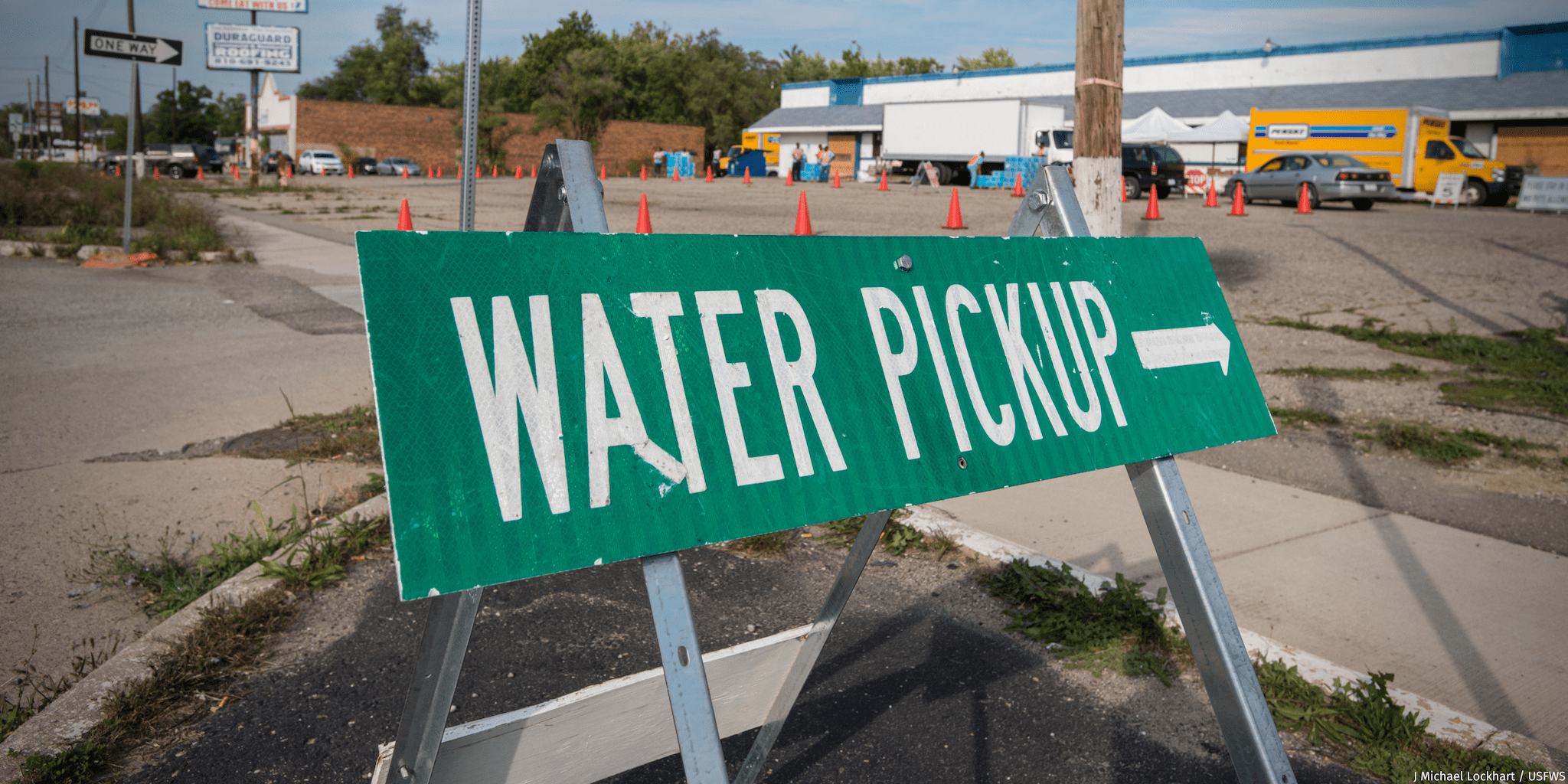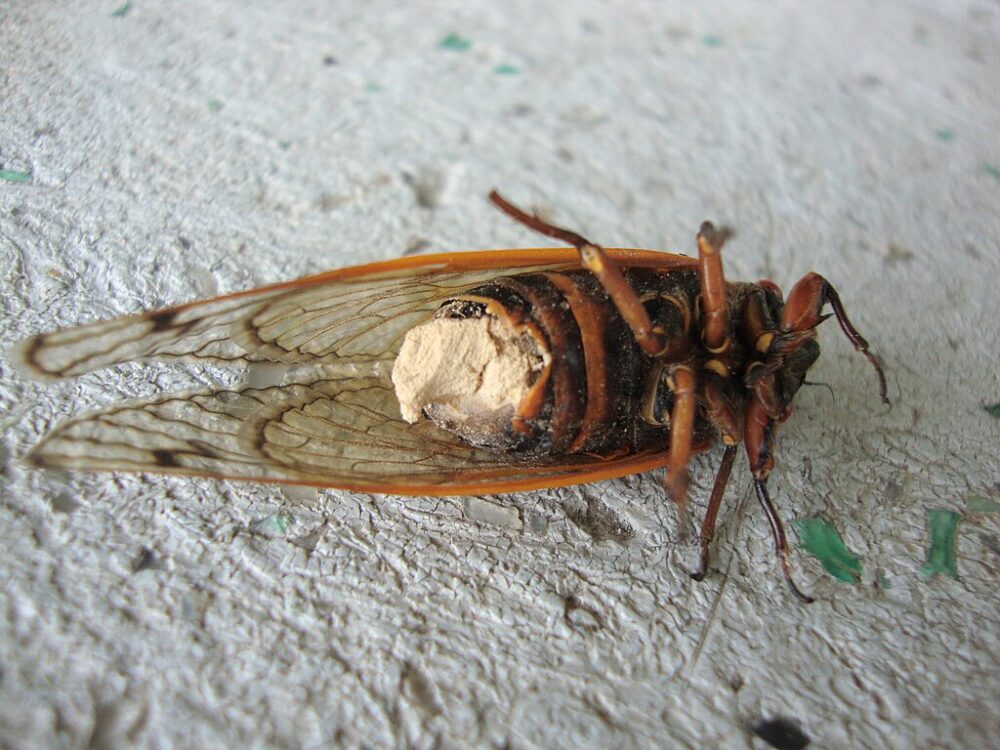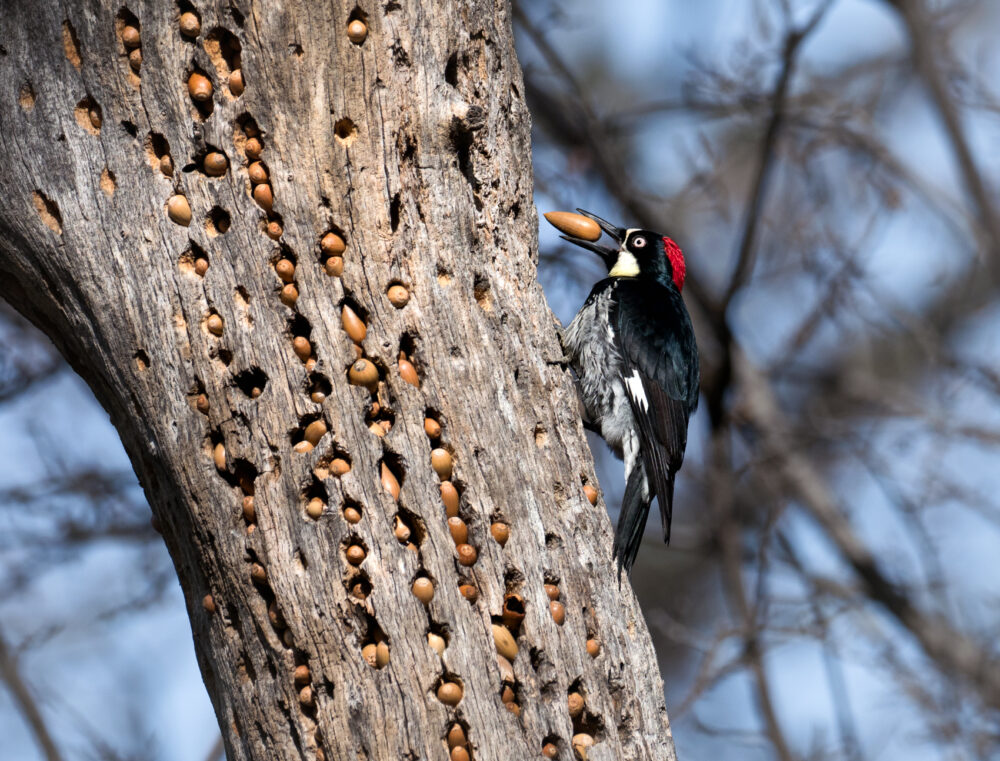We have much more to do and your continued support is needed now more than ever.
Clean Water Champions: the Women of the Flint Water Crisis

If I can inspire a future generation of strong women who are ethical and who are stubborn…that would be worth it.
– Dr Mona Hanna-Attisha, American-Iraqi pediatrician who exposed the Flint water crisis
Water unites us all, providing Americans with opportunities to fish, celebrate, swim in, and drink clean water. In 2014, a water crisis began in Flint, Michigan, and grew into a multi-dimensional environmental, health, and social justice nightmare. Now, half a decade later, the issue remains unsolved—residents of Flint still do not have access to clean water. In investigating students’ access to clean drinking water in the U.S., it’s hard to believe that, in the 21st century, many of our nation’s children lack access to clean drinking water and are reeling from irreversible health impacts associated with contaminated drinking water. Unfortunately, Michigan’s clean water woes are shared around the nation, including communities in Washington, New Jersey, Texas, and New York.
While the Environmental Protection Agency is supporting efforts to combat lead in drinking water, they have stopped short of mandating school districts to test for lead and other contaminants, and instead are offering grants to school districts who voluntarily choose to test for lead in their drinking water. As such, communities are working collaboratively as neighbors, health care providers, students, parents, businesses, and organizations to inspire change through education, scientific evidence, and a determination to make access to safe, clean drinking water a universal right of every person in every community throughout the United States.
The heart, hands and heads of women are not bound by age, race, identity, or status. This week during Women’s History Month we celebrate the determination and compassion of two Flint champions, beacons of inspiration for the environmental and social equity of all.
MONA HANNA-ATTISHA MD, MPH, FAAP.

When the water crisis in Flint, Michigan, began, Dr. Mona Hanna-Attisha played an instrumental role in identifying the problem and calling national attention to it. Dr. Hanna-Attisha is an associate professor of pediatrics and human development at Michigan State University. She is also the founder and director of the Michigan State and Hurley Children’s Hospital Pediatric Public Health Initiative, which aims to mitigate the impact of the Flint water crisis on children who have been exposed to the water contaminants.
America’s abundant waters are the lifeblood of the nation’s wildlife and public health resources.Inquiry, research, and data should be at the heart of decisions made in support of resources, such as education, wildlife habitat, water services, and medicine. And yet, in order to save money, Michigan officials switched the city of Flint’s water source from Lake Huron to the Detroit River without following proper protocol, and without following up on numerous calls to action over the look, feel, and smell of the water. The lead levels in Flint’s water exceeded the legal limits allowed and bacteria in the water resulted in an outbreak of Legionnaires’ disease that killed 12 people and sickened another 79 between June 2014 and October 2015.Dr. Mona Hanna-Attisha, a Hurley Medical Center pediatrician, scientist and researcher from Flint, used her medical training, skill sets in environmental science and social activism, and commitment to her community to uncover the Flint Water Crisis, to bring to light the detrimental effects lead poisoning would have on the developing brains of her “Flint kids.”
Clean drinking water is critical to brain development, impacting students’ ability to focus and learn. It’s imperative our students are learning in healthy environments and have ongoing, safe access to nature via community green spaces. Just as Dr. Hanna-Attisha tirelessly works to help her patients overcome the numerous barriers attributed to poverty and social and environmental injustice within her communities, the National Wildlife Federation’s flagship education program, Eco-Schools USA, diligently works to provide a program that addresses school sustainability and environmental justice, in efforts to empower student-led action on a variety of environmental topics including water conservation and access to clean drinking water.
MARI COPENY
Mari was only 8 years old in 2016 when she spoke truth to power in a letter to then sitting president, Barack Obama. Known as “Little Miss Flint,” Mari would soon be in Washington D.C., along with other community members of Flint, Michigan, for the congressional hearing of former governor Rick Synder, who was being questioned about why the almost 100,000 residents in Flint were drinking contaminated water. President Obama received her letter, wrote a response, and visited Flint in person to draw national attention to the crisis.
Inspired by President Obama’s trip to Flint, Mari realized her voice—a child’s voice—could make a real impact. As one of the thousands of children impacted by the highly chlorinated and lead-contaminated water, Mari’s actions within the community demonstrate her commitment to this cause and others. Where barriers exist, she is driven and determined to knock them down.
Little Miss Flint will be remembered in history as a champion during the ongoing Flint Water Crisis and a champion for youth in her community. Youth voices are critical to the narratives that play out day-to-day around the world. Young people are the future. They are stewards, politicians, journalists, scientists, community leaders, and more. Therefore, as adults, as mentors, and as facilitators, we can step aside and provide opportunities for youth to grow and practice the skills necessary to activate their messages, to discern fact from misinformation, and include their knowledge and influence as part of the solution to social or environmental injustice.
If they don’t want to listen to you at first, keep on talking, they will eventually have to hear you out. And once they hear you out, they will see that you have a unique view of the world and that your opinion matters.
– Mari Copeny
The National Wildlife Federation has a respected and extensive history in environment-based education. Our flagship K-12 program, Eco-Schools USA and our higher education programs support student-led efforts to enact change through environment-based education and civic engagement.
Learn More!





















